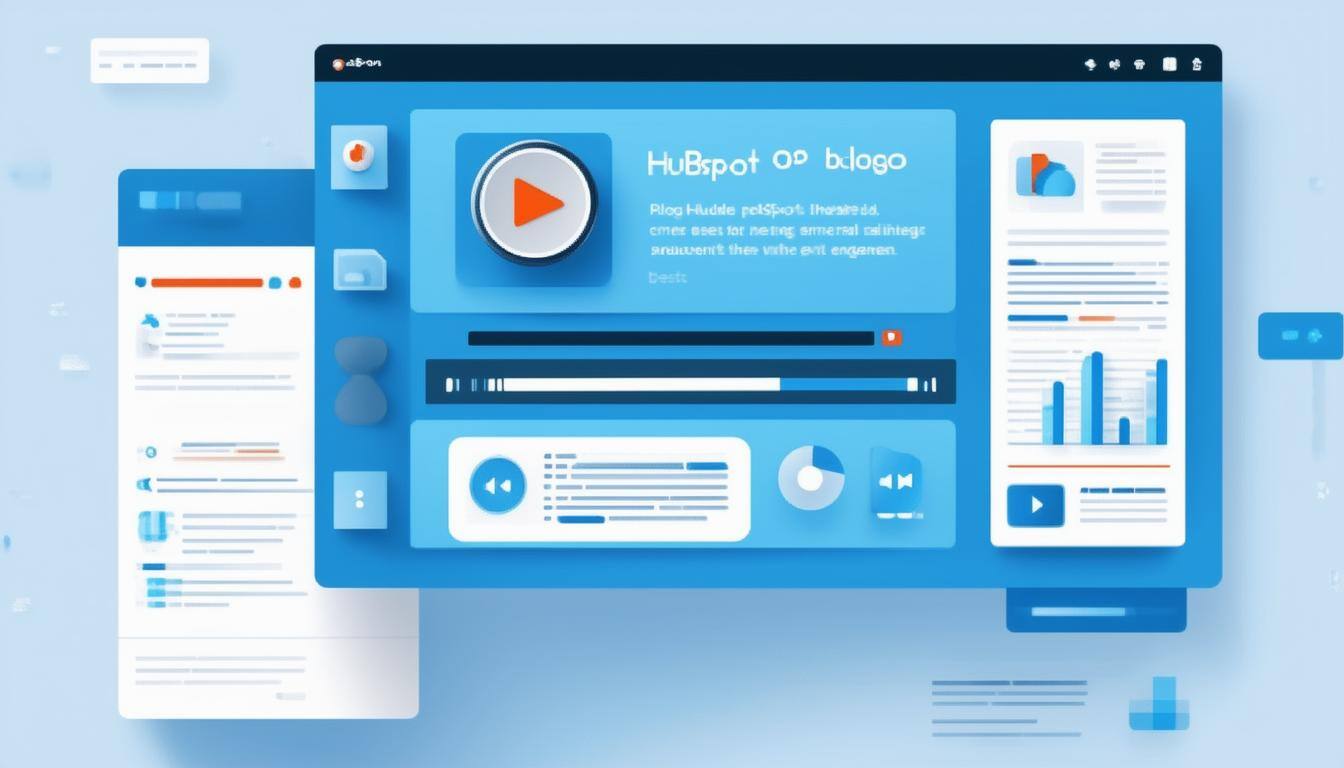How do you educate your team to drive growth marketing success?
In the last post about Centralised vs Decentralised marketing stacks, I ended with a series of questions to ask yourself about which type of marketing stack might be best for you and if it is worth considering to make changes to your marketing growth stack. But regardless of what stack you choose, one of the most important things is that the people in your organisation are aware of why they use the processes and tools, what they are trying to achieve by their actions and how it will impact them.
You can have the right intention, the right goals, the right tools and even the right procedures, but if the people using them don't understand the context and reasons for doing what they do, most of your efforts will end up wasted. This often leads to frustrations, lack of productivity and/or a lot of hard work that ends up not driving any results. Educating your team through different forms of learning is your only way to address this. In the following paragraph, we will have a look at how identify your training needs and create appropriate workshops to address them.
This post is part of a 4 part series to provide you with a better understanding of how to create growth strategy. You can find all for parts here: |
Why educating your team on your chosen methodology and growth stack is important:
Lack of education of your staff regarding the methodologies goals and use of tools doesn't affect only your growth marketing efforts. It has been a major point of discussion and frustration for any level of employee in any team, all the way from the bottom to the C-level executive for many years. Many a website and even cartoon characters have been spawned to voice frustrations by people that feel "duped" by the efforts they are requested to put in without being sure that there is any benefit at all at the end of the tunnel.
I am sure that if you have spent some time in any large or even mid size organisation, you know that feeling of uselessness and negativity you get when you either don't understand why your doing what you are being told to do, or feel that it's pointless. It gets worse when you don't feel empowered to do something about it within your role. These circumstances often lead to selfish behaviour because when people don't see the common good, they will focus on what's best for themselves only instead of taking into account what's best for their company and their team.
This is where education comes in. It allows you to:
- Train your team up to achieve a high level understanding of why they do what they do
- Give them the possibility ask questions and add value.
- Get them to improve their work based on a common understanding of what your organisations goals are.
- Show them how their roles responsibilities and goals align with the organisations goals and metric (In other words, where they already add value)
- Promote team work and empathy with other members of their team based on creating a common understanding on what you are trying to achieve and how you are trying to achieve it.
If you can give your team these opportunities to learn, understand and grow, you will not just improve productivity and results, but also team spirit, consistency and therefore quality of service to your leads and customers alike. In conclusion, an appropriate level of education and team training will eventually affect pretty much every marketing and business growth metric and will also improve the satisfaction and happiness of your customers and your employees.
Educating your team part 1. Defining internal resources and materials you already have available.
There are many different ways you can enable your team to learn and the general rule of thumb for best results is to mix in more then one method. The best learning experience is a varied one. Looking back at the advantages I mentioned above. Some goals can be achieved with self-study but others can only be achieved by learning in a classroom or shared environment using activities such as group brainstorming sessions. Some activities are best achieved using an external training consultant and others are more related to your business and can be discussed within your team without external involvement.
Before you consider investing in external training consultants or other training methods, you and your team can learn a lot from just defining your training possibilities and needs if you have the time. If you don't have time, you might need an internal trainer or external consultant to help guide you through this process.
Do you have an SME (Subject Matter Expert) in your organisation that can educate your team?
- Before you identify a training plan for your team on a subject. Check if anyone in the team (including yourself) has the following overall knowledge:
- Clear awareness of departmental and business goals and how the given training subject his helpful to achieving them.
- What KPI's your team use and how they relate to your business goals and where the subject fits in with improving these KPI's.
- The tools and processes covered by the training subject that currently in use to reach those goals and their KPI's.
- How these tools are currently performing (over or under performers?) and where the knowledge gaps are that should be addressed in the training.
- The roles and responsibilities of the members of your team and their relation to the departmental goals.
If you have a member of your team that has this knowledge and skills, you have found your Subject Matter Expert. They might be a team-lead or member of management, but can also be a senior employee with a lot of history and experience within the role. Keep an open mind and look for experience rather then job roll. Anyone with this knowledge might be able to take the lead on creating a plan for training and development of the rest of the team. They should however not necessarily be brought in to teach directly, as having a high level of knowledge and understanding does not automatically qualify someone to teach this to others. Applying knowledge and teaching it to others are very different skill sets.
What if you can't find your SME?
Don't panic, you just identified your first training need. Consider a brainstorming session with key members of your team to map it all out. You might be surprised and find that your team members are more aware of the bigger picture then you or they themselves think. A group session to map this all out can be a very useful start.
Get your SME and/or your team to gather any existing internal materials that might be useful.
This step is a powerful way to identify training possibilities without much further investment and will also help you identify sources for new hires as it will give you an inventory of operational knowledge.
Ask your subject matter expert these questions (or yourself if it's you). Again if you don't have the SME to do this, You can work out with your all members of your team as long as there is one person to compile it so that the process doesn't descent in to chaos :
How did you get the knowledge you have? - identify as many sources as possible for the knowledge your SME or team members have. It's important that this not just knowledge about specific tools and procedures but also about your organisations KPI's and business goals. Get them to compile a list of sources. This can be anything from external websites to internal knowledge base articles, management notes or reports and even other employees..
It might sound like a bit of work, but by going through these steps you have done a lot more then just identify what you have and what you don't have. You have just got your team involved and together you have started to think about why your doing what your doing and how it can be improved. Awareness is a powerful thing which in itself is a part of the training process. By doing this you are already educating yourself and your team.
Educating your team part 2. Identify your training needs and goals:
At About Inbound we often get asked by our clients to assist with coaching or training engagements because they feel they are not getting enough ROI for their team efforts or investments in tools/campaigns, etc. Another common reason is that they are consistently under performing on a specific growth metric or they have grown rapidly and have lots of new team members. Before we set out to create any custom training outline, we always work through a number of questions and do so with the above preparation steps in mind.
By identifying the knowledge and the sources for knowledge that you already have access to, you will naturally also start to see where the knowledge and awareness might fall short within your team. Now is the time to set out a few clear deliverables to achieve with your training efforts. There likely are multiple needs to address. Organise a list by priority and start with your top priority training needs.
Once you have the training needs list, its time to pick your training topics and set the goals for what you want to achieve by training your team on these topics. Pick your training goals well and translate them to measurable KPI's/Key learnings/Skills where possible. Have a look at this example scenario which goes through the process of defining a topic around a training need and setting a goal and KPI's to support it and then executing a training based on them:
Educating your team part 3. Pick your learning methods and schedule your sessions:
Now that you have identified your topic, your marketing training goals and the KPI's/Key learning points that your training will focus on, It's time to pick your types of training. There are many options and generally it's good to combine multiple forms of training to achieve the best results.
For strategy and mapping your growth strategy to skills and procedures, workshops work best because you can teach the theory on strategy and then use group exercises and brainstorming sessions in your team to apply the theory. If a workshop is done well you can often create additional usable assets with your team during the training sessions themselves. The resulting assets can then be used to improve your KPI's.
Lets look at an example of a workshop that ties in your companies goals, educates on strategy and provides results that translate to better productivity:
Imagine that you need to teach your team about the importance of social media and how it fits in your growth marketing framework. you can get a training consultant or Subject Matter Expert in to do a group session where you start with what your marketing goals are and how social media contributes to those goals. You can hash out where Social Media sits in your marketing funnel and how you use it to promote your existing content. You can use real numbers from your current Social Media stats in your examples.
After going through the basic theory you can use a group activity to pick apart a few posts, tweets, etc and see where they could be improved.
At this point you can do brainstorming session with the group on what topics can work best, where they might fit in with sourcing and engaging potential leads. Make a sure to note them down so that you get a whole list of topics ready to go by the end of this exercise. Get everyone in your team involved in writing some short pieces of content after the workshop and get your authorized Social Marketers to post them. As a follow up you can give the people that participated in the training real life feedback on the result and have discussion around further improvements.
As you can see, you would actually be using a lot of different learning methods in the example above. They all have their place to create a better team dynamic - improve theoretical knowledge on how and why. They also reinforce and put in to practice the teachings and provide additional business value and assets back out of the time invested.
Some further reading on how to train your team on various growth principles:
How to train your entire global team on Hubspot in 2 days
PRACTICAL GUIDE TO CREATING A CUSTOMER JOURNEY MAP WORKSHOP
Why Workshops Work: Your guide to running an Inbound marketing workshop






